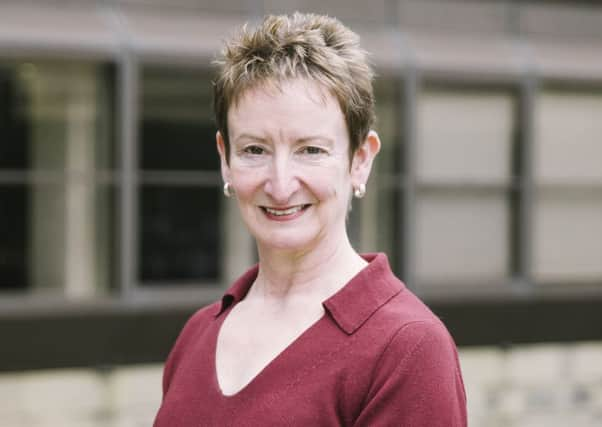Jackie Brock: Voting in the UK must include 16-17-year-olds


As we hurtle towards B-day the UK Government has been busy issuing ‘technical notices’ which gently imply crashing out of the EU could constitute a once-in-a-generation economic and social disaster. Given this risk, we think it might have been sensible and politically courageous to a) introduce legislation so young people across the UK could be involved in a decision with consequences that will impact them most, and b) set up a formal structure so they could influence government, negotiations with the EU, and the Brexit outcome.
Of course, neither happened. But the toxic effect of Brexit on our collective sense of security feels real and makes our call more urgent: 16- and 17-year-olds must be able to vote in all UK elections and referendums. The Representation of the People (Young People’s Enfranchisement and Education) Bill, much postponed but due to be considered again at Westminster in late November, seeks to reduce the voting age to 16 in all parliamentary and other elections.
Advertisement
Hide AdAdvertisement
Hide AdWhy support it, and this call? Because evidence tells us that voting early lays down a lifelong pathway of political participation. Because political parties should be compelled to design policies for young and old. But most of all because of what the Brexit experience tells us about a failure in democracy.
Member of the Scottish Youth Parliament Jack Norquoy expresses the problem well. He tells us: “We find ourselves in the absurd situation where if you are a 16-year-old living in Dumfries you hold the right to vote in all Scottish and local elections — but if you are 16 and live 30 miles down the road in Carlisle you hold no such right.”
In January the Scottish Youth Parliament launched its Brexit Manifesto ‘Rights Outright’, calling on all UK and Scottish decision-makers to defend the rights of young people as part of the Brexit negotiations. It sits alongside Children in Scotland’s and Together’s (Scottish Alliance for Children’s Rights) efforts to learn from young people on Brexit. In June we established a children and young people’s Panel on Europe to provide advice on EU withdrawal to the Scottish Government.
Our participation work on Brexit is not about being pro- or anti-. It’s about what is in the best interests of children and young people. And we know not all share the view that leaving the EU is an act of self-harm.
Advertisement
Hide AdAdvertisement
Hide AdHowever, evidence on where the majority of young people’s views lie seems clear. In August, Professor John Curtice of Strathclyde University reported that, taking an average of three recent UK-wide polls, 82 per cent of 18 to 24-year-olds with a voting preference said they would vote Remain in a second referendum.
Political parties often think they lead on social change, not the public. Actually, it’s the other way round. Young people and those advocating for them will drive voting reform.
We want that to come as soon as possible. Because, as one of our members put it when asked about Brexit’s impact, ultimately “the ballot box is all that counts”.
Jackie Brock is Chief Executive of Children in Scotland